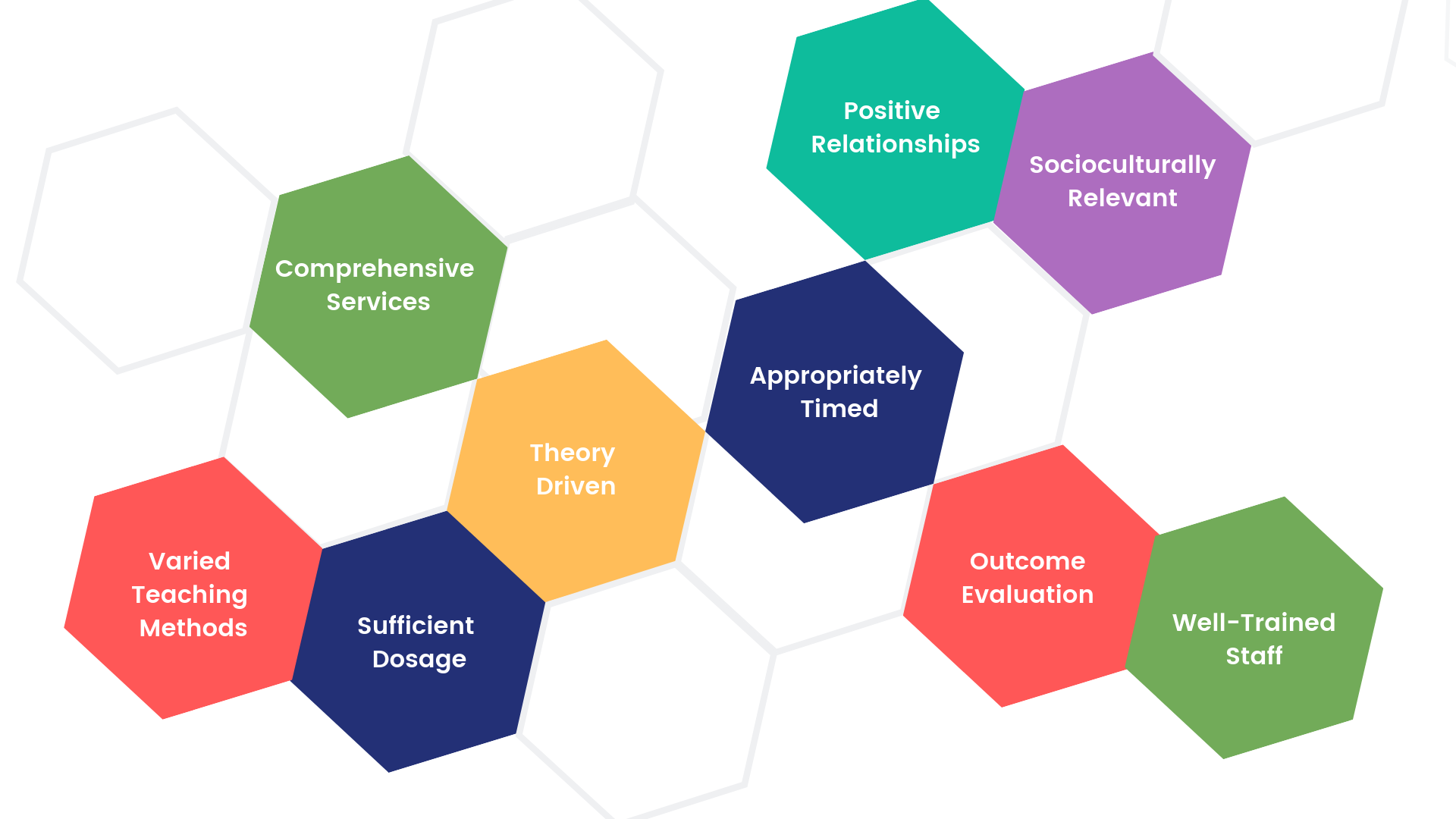Table of Contents
Understand the prevention focused mindset
People who value prevention as a cornerstone of good health approach wellness otherwise. Instead than wait for symptoms to appear, they take proactive steps to maintain their health baseline and prevent illness before it begin. This preventive mindset represents a fundamental shift from reactive healthcare to proactive health maintenance.
Prevention focus individuals understand that many health conditions develop gradually over time. They recognize that small, consistent actions today can prevent significant health problems tomorrow. This approach not solely enhance quality of life but oftentimes reduce healthcare costs well over time.
Regular health screenings and check-ups
One of the about distinctive behaviors of prevention minded people is their commitment to regular health screenings. They schedule and attend annual physical examinations evening when feel comfortably. These individuals understand that many serious conditions like high blood pressure, high cholesterol, and certain cancers can develop mutely without obvious symptoms.
Prevention focus people typically:
- Schedule annual physical exams with their primary care physician
- Keep up with age appropriate cancer screenings (mammograms, colonoscopies, skin checks )
- Monitor blood pressure, cholesterol, and blood sugar levels regularly
- Complete recommend vision and dental check-ups
- Track family health history to identify potential genetic risks
These screenings serve as early warning systems, allow for intervention at the earliest, near treatable stages of potential health issues. Prevention minded individuals view these appointments not as burdens but as investments in their long term health.
Nutritional approaches for prevention
People who prioritize prevention typically adopt nutritional habits that support long term health. Instead than cycle through restrictive diets, they establish sustainable eat patterns focus on nutrient density and moderation.
Their nutritional approaches oftentimes include:
- Emphasize whole foods over process options
- Incorporate abundant fruits and vegetables for antioxidants and phytonutrients
- Choose lean proteins and plant base protein sources
- Select complex carbohydrates and fiber rich foods
- Limit add sugars, excessive sodium, and trans fats
- Stay adequately hydrated throughout the day
Prevention focus eaters view food principally as fuel and nourishment instead than just as pleasure or comfort. They understand how nutrition influences inflammation, immune function, and cellular health. This doesn’t mean they ne’er enjoy treats, but they maintain a balanced approach that support their body’s systems systematically.
Physical activity as preventive medicine
Regular physical activity serve as a cornerstone of preventive health. Those with a prevention mindset view exercise not as punishment but as essential maintenance for their bodies. They understand that movement prevent numerous health conditions while enhance mental wellbeing.
Prevention orient exercise typically includes:
- Consistent cardiovascular activity for heart health (walking, swimming, cycling )
- Strength training to maintain muscle mass and bone density
- Flexibility work to preserve range of motion and prevent injuries
- Balance exercises to reduce fall risk, specially as they age
- Find enjoyable activities that encourage long term adherence
Instead, than exercise periodically or pursue extreme fitness goals, prevention minded individuals maintain moderate, consistent activity levels. They might track their steps, heart rate, or workout frequency to ensure they’re meet basic movement need regularly.
Stress management and mental health maintenance
Prevention focus individuals recognize that mental health immediately impact physical wellbeing. They understand that chronic stress contribute to inflammation, immune suppression, and increase risk for numerous health conditions. As a result, they implement regular stress management practices.
These practices oftentimes include:
- Daily mindfulness or meditation practice
- Regular time in nature
- Adequate leisure and relaxation time
- Healthy work life boundaries
- Social connection and community engagement
- Journaling or other emotional processing techniques
Some prevention orient people work with therapists or counselors eventide when not experience acute mental health crises. They view these professionals as resources for develop cope skills and maintain emotional wellness, equitable as they view physicians as resources for physical health maintenance.

Source: farmingtonschools.us
Sleep prioritization
Quality sleep serve as a fundamental pillar of preventive health. Those with a prevention mindset recognize sleep not as a luxury but as a biological necessity that affect every aspect of health. They create conditions and habits that support consistent, restorative sleep.
Prevention focus sleep habits typically include:
- Maintain consistent sleep and wake times
- Create a cool, dark, quiet sleep environment
- Limit screen time before bed
- Avoid caffeine and alcohol close to bedtime
- Establish calm pre sleep routines
- Track sleep quality and duration
When sleep issues arise, prevention minded people address them quickly instead than accept chronic sleep deprivation as normal. They might consult sleep specialists or use appropriate interventions to resolve insomnia or sleep apnea before these conditions create cascade health effects.
Avoidance of known health risks
Prevention focus individuals make conscious choices to avoid or minimize exposure to know health risks. They understand that certain behaviors and substances importantly increase disease probability, and they take steps to eliminate or reduce these factors.
Common risk avoidance behaviors include:
- Not smoke or use tobacco products
- Limit alcohol consumption to moderate levels or abstain solely
- Avoid recreational drugs
- Use sun protection to prevent skin damage
- Practice safe sex
- Follow safety protocols like wear seat belts and bike helmets
- Minimize exposure to environmental toxins
This risk conscious approach doesn’t stem from fear but from informed decision-making. Prevention minded people weigh potential consequences of momentary benefits and choose long term health over short term gratification.
Vaccination and infectious disease prevention
Those who value prevention understand that vaccines represent one of medicine’s virtually effective preventive tools. They stay current with recommend immunizations not exclusively to protect themselves but besides to contribute to community immunity.
Prevention focus infection control typically includes:
- Maintain up-to-date vaccination status accord to medical guidelines
- Practice good hand hygiene
- Follow food safety protocols
- Take appropriate precautions during disease outbreaks
- Use antibiotics solely when necessary and as prescribe
These individuals recognize that prevent infectious disease preserve not solely their health but besides healthcare resources for the broader community. They view vaccination as both personal protection and social responsibility.
Environmental health awareness
Prevention minded people recognize that their surroundings importantly impact their health. They make conscious choices about their immediate environment and the products they use to minimize exposure to potential toxins.
Environmental health practices frequently include:
- Use air purifiers in homes, specially in areas with poor air quality
- Filtering drinking water or have it test
- Choose household cleaning products with fewer harsh chemicals
- Select personal care products without potentially harmful ingredients
- Maintain good indoor air quality through ventilation
- Minimize plastic use, specially with food storage
While they might not eliminate all environmental risks, prevention focus individuals make informed choices to reduce cumulative exposure to substances that might compromise health over time.

Source: care.ucsb.edu
Preventive supplementation and functional medicine
Some prevention orient individuals incorporate target supplementation base on their specific health profiles. Quite than take random supplements base on trends, they work with healthcare providers to identify potential nutritional gaps or genetic predispositions that might benefit from supplementation.
This approach might include:
- Vitamin d supplementation, specially in northern climates
- Omega-3 fatty acids for cardiovascular and cognitive health
- Probiotics for gut health maintenance
- Specific nutrients base on personal deficiencies identify through testing
- Adapters or other supplements support by evidence for specific health concerns
Prevention focus people typically research supplement quality cautiously and consult healthcare providers instead than self prescribing base on marketing claims. They view supplements as complementary to, not replacement for, a nutrient dense diet.
Health education and literacy
Those with a prevention mindset invest time in understand how their bodies work and what factors influence health outcomes. They develop health literacy skills that allow them to evaluate medical information critically and make informed decisions.
Health education behaviors frequently include:
- Read evidence base health information from reputable sources
- Follow developments in preventive health research
- Ask questions during medical appointments
- Understand their own health metrics and what they mean
- Learn about their family health history and genetic risk factors
- Distinguish between credible health information and marketing claims
This knowledge empowers prevention focus individuals to participate actively in their healthcare instead than passively receive treatment. They become partners with their healthcare providers instead than simply patients.
Financial planning for health
Prevention minded people recognize that financial preparation represent another form of health prevention. They understand that financial stress impact physical health and that have resources available for healthcare needs to prevent delays in necessary treatment.
Financial health preparations oftentimes include:
- Maintain comprehensive health insurance coverage
- Set aside emergency funds for unexpected medical expenses
- Budget for preventive care services
- Plan for potential long term care need
- Understand insurance coverage for preventive services
This financial preparedness allow prevention focus individuals to access care when need without the additional stress of financial hardship, which itself can compromise health outcomes.
Build health support social networks
Prevention orient individuals recognize that social connections importantly impact health outcomes. They deliberately build and maintain relationships that support their wellbeing while limit exposure to toxic or stressful social dynamics.
Social health practices frequently include:
- Cultivate friendships with those who share health support values
- Set boundaries with relationships that create excessive stress
- Participate in community activities that provide meaning and connection
- Build a network of health professionals they trust
- Engage family members in health promote activities
These social connections provide emotional support, accountability for health goals, and practical assistance during health challenges. Prevention minded people view their social networks as vital resources for maintain long term wellbeing.
The long term perspective on prevention
Peradventure well-nigh distinctively, those who value prevention maintain a long term perspective on health. They make choices today will base on how those decisions will affect their health decades subsequently, not precisely tomorrow. This time horizon allow them to invest in habits that may not show immediate results but build health resilience over time.
Instead, than seek quick fixes or respond solely to immediate symptoms, prevention focus individuals establish systems and routines that support health systematically across their lifespan. They understand that thewell-nighh effective prevention isn’t a single action but a series of small, daily choices that accumulate into significant health protection over time.
This perspective allow them to maintain motivation yet when preventive actions don’t provide immediate gratification. They measure success not by how they feel today but by the health trajectory they’re established for their future selves.
